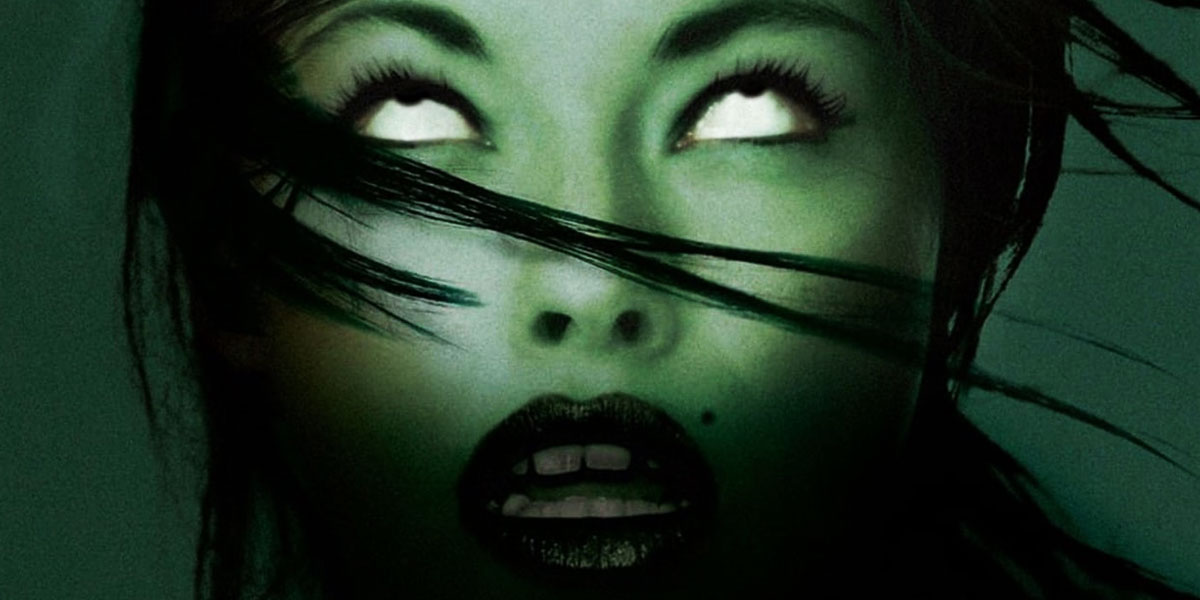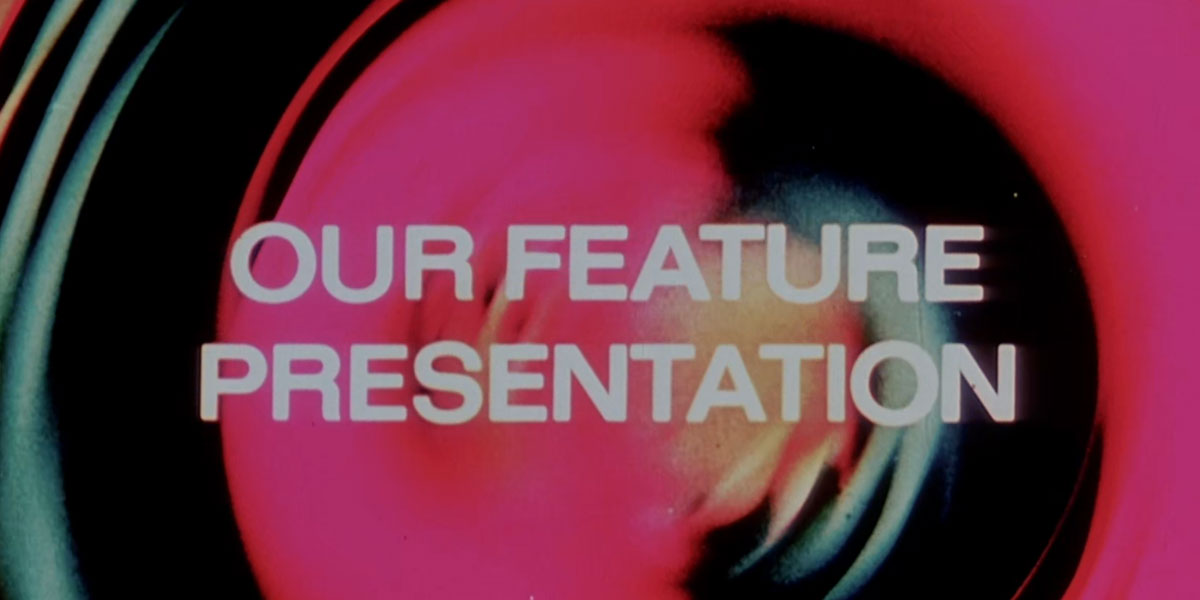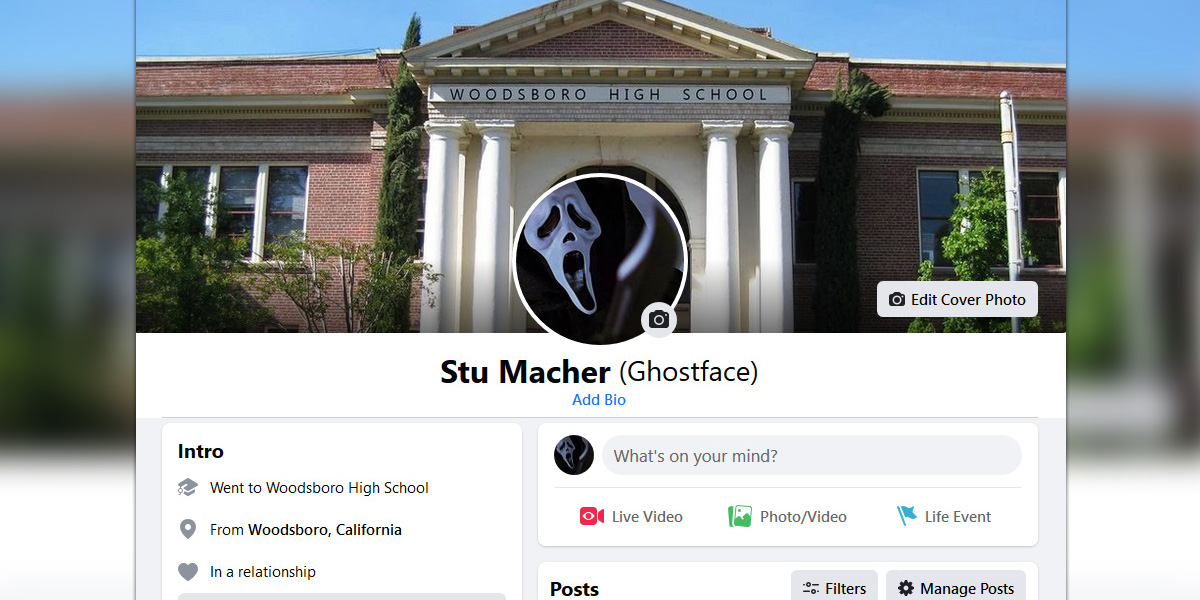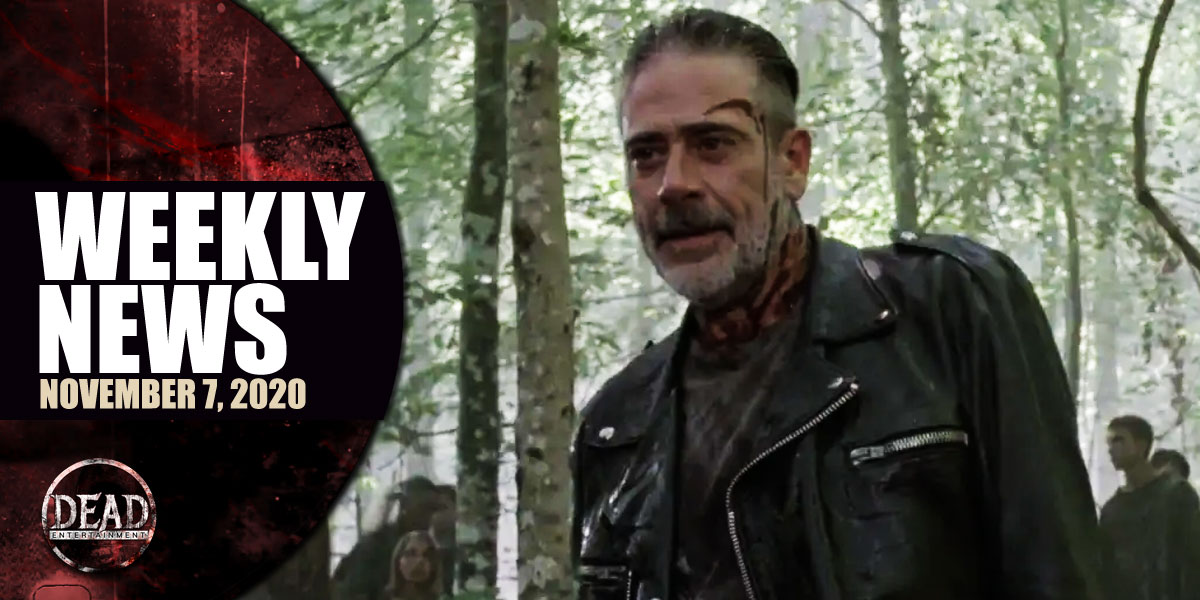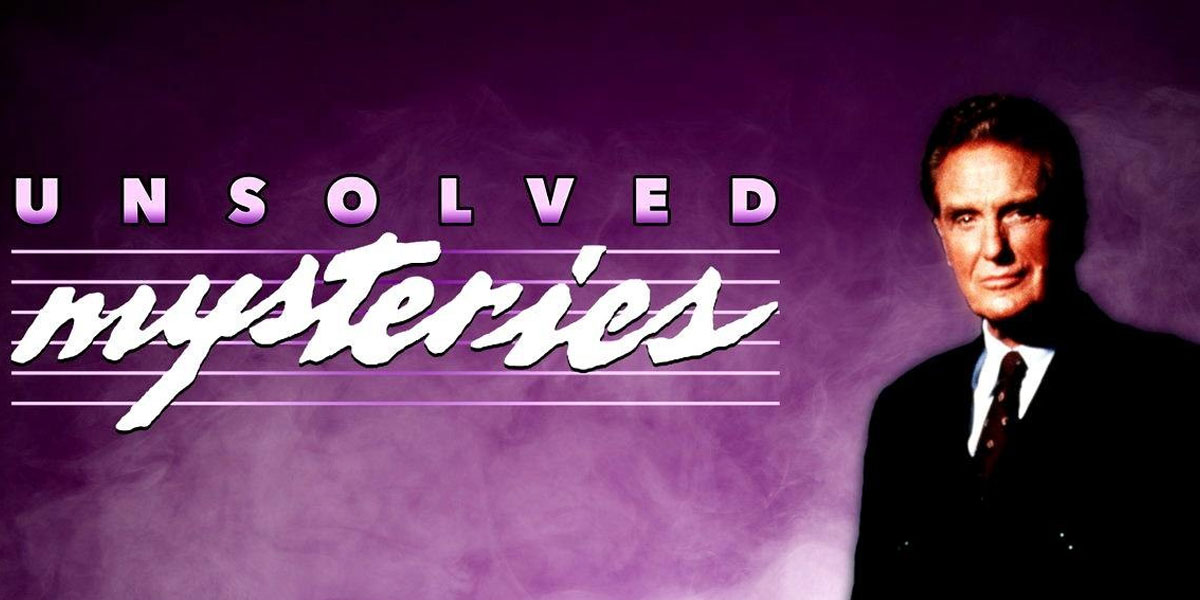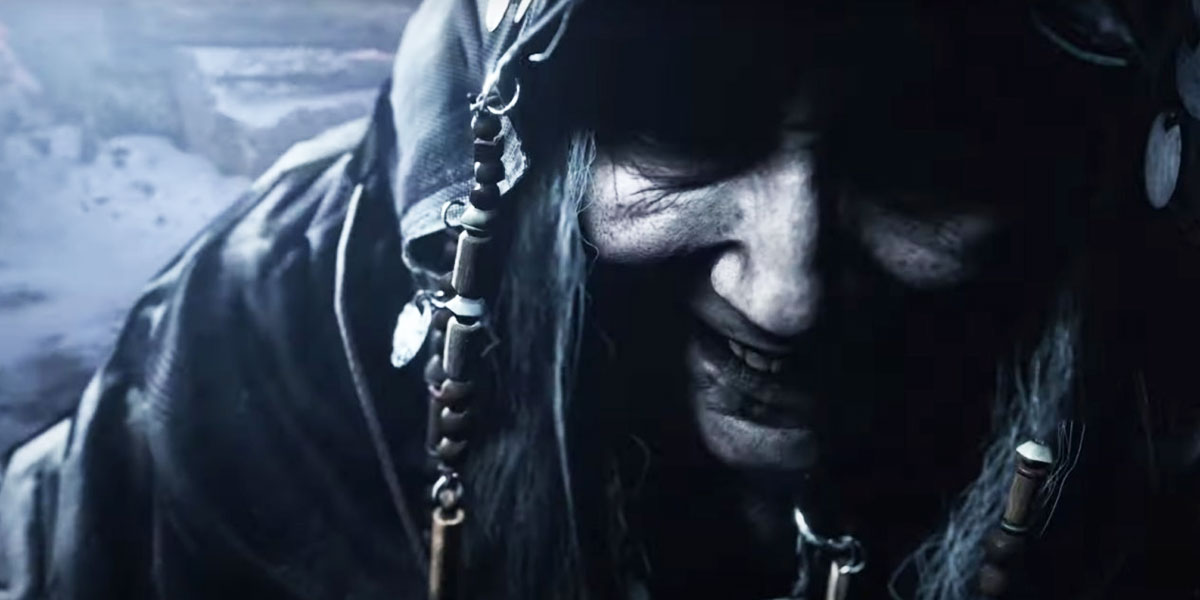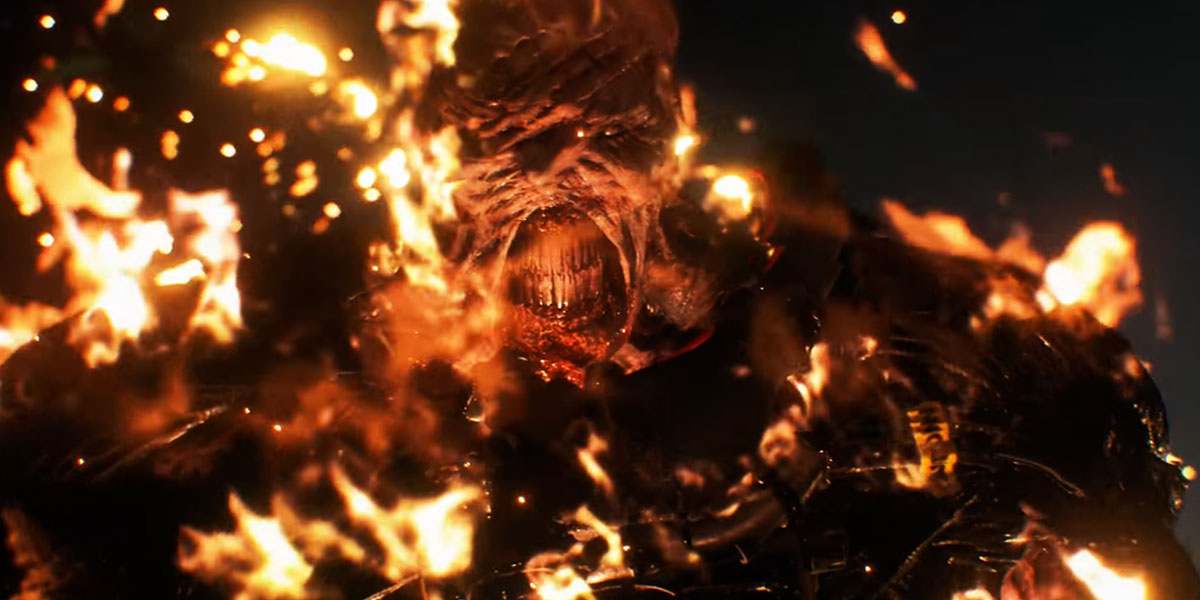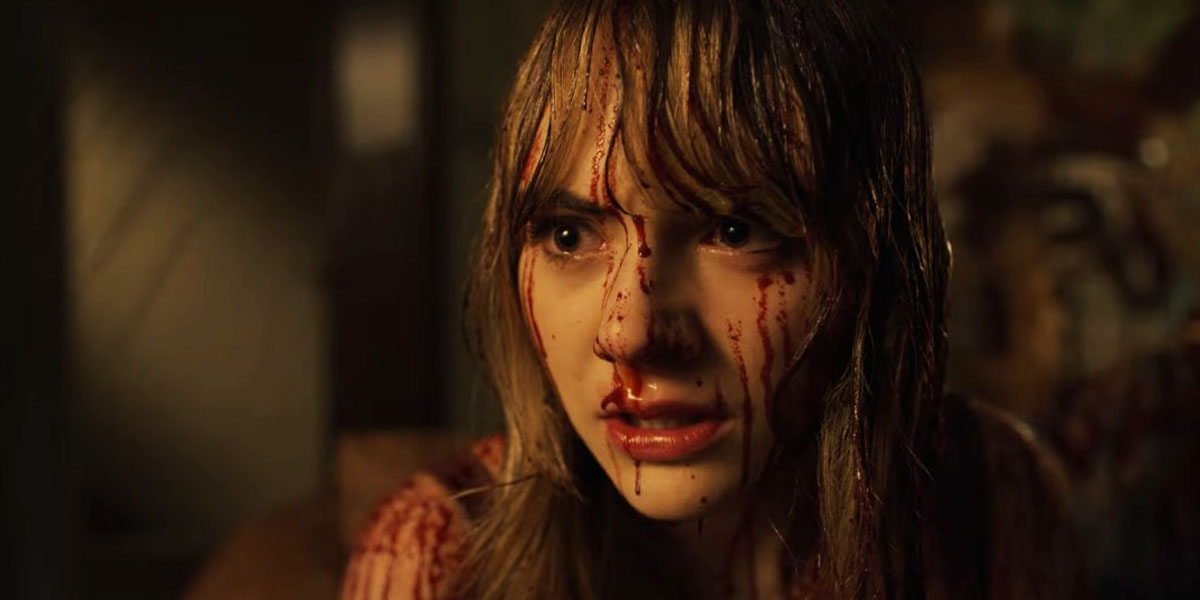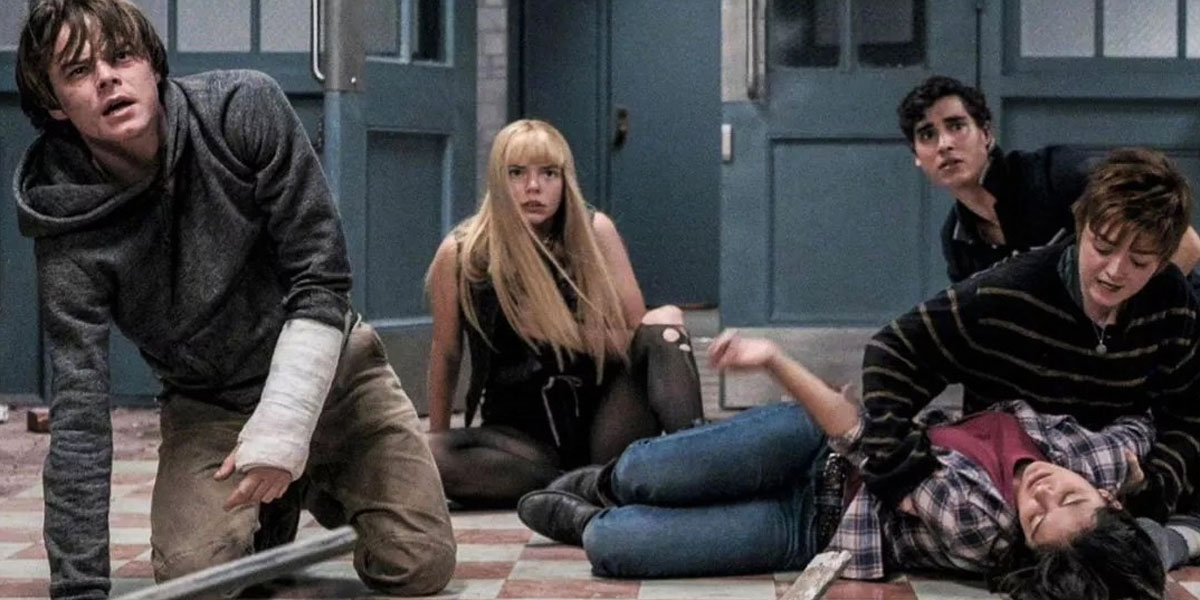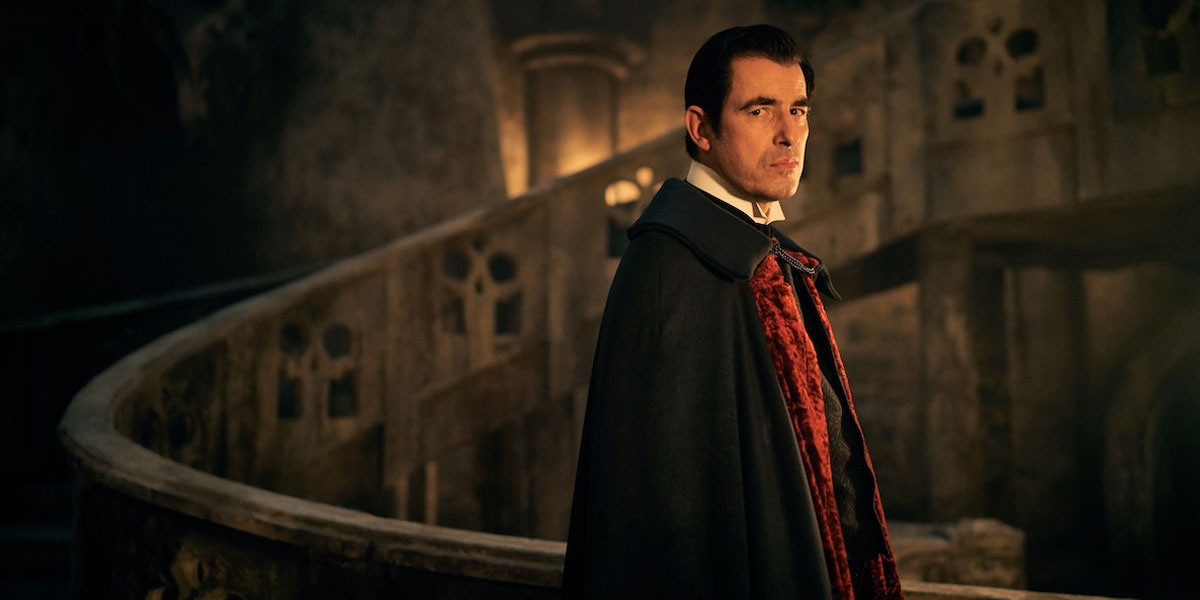Review: Mortal Kombat is an Ambitious Reboot, but Definitely Not Flawless
Simon McQuoid offers a notable effort that fans of the series should be satisfied enough with.
By Jay Gervais

It’s been nearly twenty-five years since Mortal Kombat received a live-action feature film, with Mortal Kombat: Annihilation hitting theaters in 1997. While that was an obviously atrocious effort many fans would rather forget about, Simon McQuoid attempts to right the ship with this much-deserved reboot. It succeeds in that respect, but this film is hardly a flawless victory.
First off, the story is not overly complicated nor does it bog the viewer down with unnecessary fodder. Despite the franchise celebrating its 30th anniversary later this year, there has not been a whole lot of fundamental change to its tried-and-true formula. Mortal Kombat has always essentially been about fighters coming together to destroy each other in horrifying ways, very much to the delight of a macabre-loving fanbase that has stuck with it for so many years. So, why take the risk of shaking things up? That said, this formula worked way back in 1995 for Paul W.S. Anderson’s Mortal Kombat film, and it works again with Simon McQuoid's latest adaptation.
The film follows Cole Young (Lewis Tan), an average joe fighter past his prime, possessing a birth mark in the form of a dragon logo. After a meeting with Jax (Mehcad Brooks), we quickly find out the marking represents fighters who have been chosen to defend their realm in a tournament held every generation, called Mortal Kombat. Cole later catches up with the other remaining heroes and forms an alliance with them in a united effort to defend Earthrealm against the forces of Outworld. Veterans of the series will be familiar with just about every character, and newcomers or those who simply watched the adaptations from the ‘90s will at least recognize the more essential fighters.
The film spends most of its time providing a backstory to its heroes, which is a fine choice due to time constraints, but it makes it seem like the villains are just floating about until it’s time for the tournament to begin. While adequate consideration was made with respect to building up Sub-Zero (Joe Taslim), that’s really where it ends in terms of the forces of Outworld. The film misses the mark in furthering important personas like Shang Tsung (Chin Han) and Lord Raiden (Tadanobu Asano), who both just stand around and perform the occasional magic trick while everybody else does the legwork. Lewis Tan turns in an inspiring performance, and likewise with Hiroyuki Sanada, who plays the part of Hanzo Hasashi/Scorpion.
The interactions between the characters are more notable among the heroes as opposed to the villains. The chemistry between the actors playing the good guys resonates with viewers and it seems apparent they likely spent some time becoming comfortable with one another prior to filming their scenes together. On the other hand, the exchanges between Shang Tsung and his mob feels stilted and wholly uninspiring. As a result, when the two sides finally meet face-to-face, it’s noticeably strange and awkward. By the time the fighting begins, audiences might have already lost interest when it’s clear the filmmakers already decided who we should care about.
Mortal Kombat boasts some spectacular special effects and fans with a thirst for gore will be undeniably satisfied. Notable moments in the film include Sub-Zero raining pieces of ice on an unsuspecting crowd, and some especially gross fatalities that are best left for you to find for yourself. The fight choreography is acceptable as long as you don’t go in expecting it to perform like some wild martial arts film you’d see come out of Hong Kong. Mortal Kombat is your typical beat ‘em up and it succeeds well at meeting those standards. Interestingly, I would say the 1995 adaptation outshines the reboot film in this category.
[relatedArticle-0]The other category the original excels in is the music and the reboot features an underwhelming effort by Benjamin Wallfisch. For instance, “Techno Syndrome 2021 (Mortal Kombat)” packs a lot of interesting punches, but it doesn’t quite reach the iconic status of the beloved classic theme. Nevertheless, music has grown since the ‘90s and perhaps a dubstep approach was a way of bringing Mortal Kombat to a contemporary audience. The remainder of the soundtrack just goes through the motions and fails to create memorable themes that really stand out.
The Good
Mortal Kombat keeps things simple and focuses its effort on story and character development. It dazzles with plenty of entertaining special effects and some elegant fight scenes. Lewis Tan and Hiroyuki Sanada turn in impressive performances.
The Not-So-Good
Except for Sub-Zero, none of the other villains are really developed in any meaningful way. Instead, they are relegated to a dull existence and never quite connect enough with audiences to justify any care about them. Some aspects of the film never really quite outshine the original adaptation from the ‘90s.
6.5/10
Simon McQuoid’s Mortal Kombat has its faults, but it’s still a notable effort that will probably lead to even better follow-ups if the areas it needs to improve upon are taken into consideration. Fans of the series should be able to find some enjoyment in this latest adaptation, but in its commitment to satisfy their expectations, it could alienate ordinary moviegoers unfamiliar with the source material.
More Reading

Mortal Kombat Legends: Scorpion’s Revenge Review: A Bloodthirsty Tale of Vengeance
Ethan Spaulding gives fans the ultra-violent and ill-mannered film they’ve been wanting to see, but was it worth the wait?

Weekly Horror News Round-Up January 31: The Walking Dead, The Witcher, Mortal Kombat
Plus, A Quiet Place Part II teases a surprising return, The Lost Boys gets another go at The CW, The Stand adds a cast member, and more.

Mortal Kombat Won’t be a Masterpiece, but Fans Deserve a Film They Will Love
This upcoming James Wan-produced movie seems to have its heart in the right place, so long as it doesn’t forget who they are appealing to.
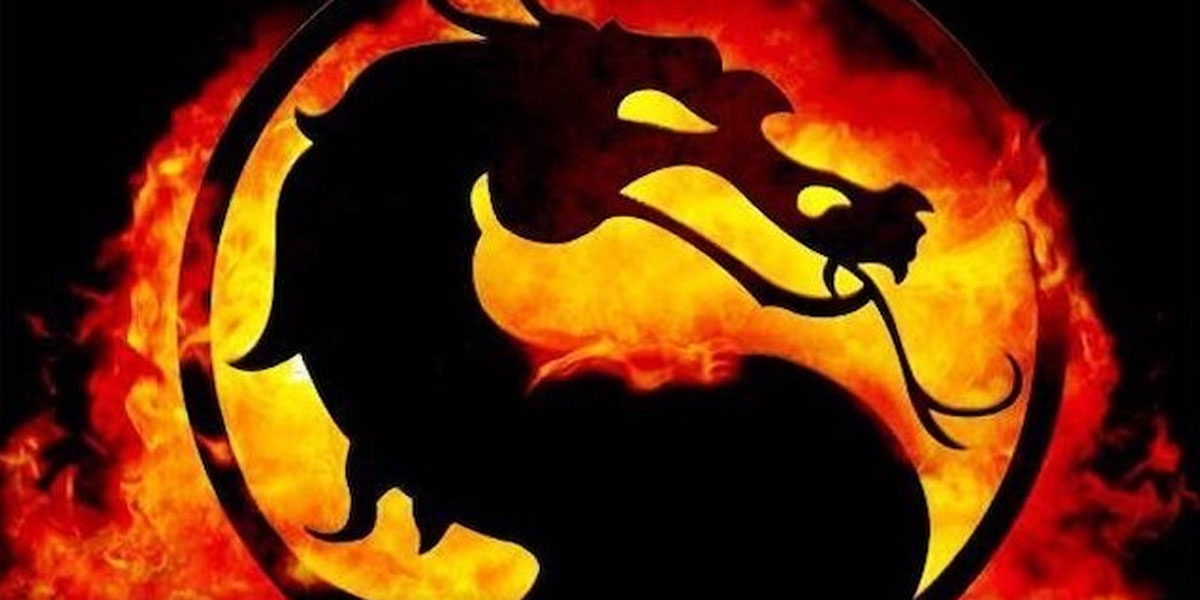
Filming Has Wrapped on the Upcoming Mortal Kombat Film
Writer Greg Russo has announced that the James Wan-produced fighting film set for January 2021 has finished shooting.



